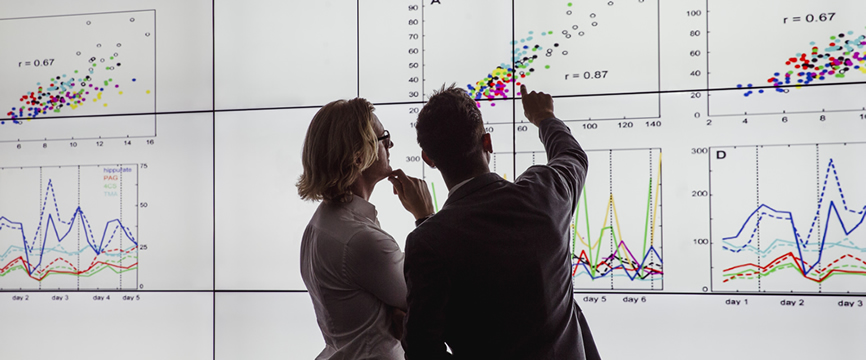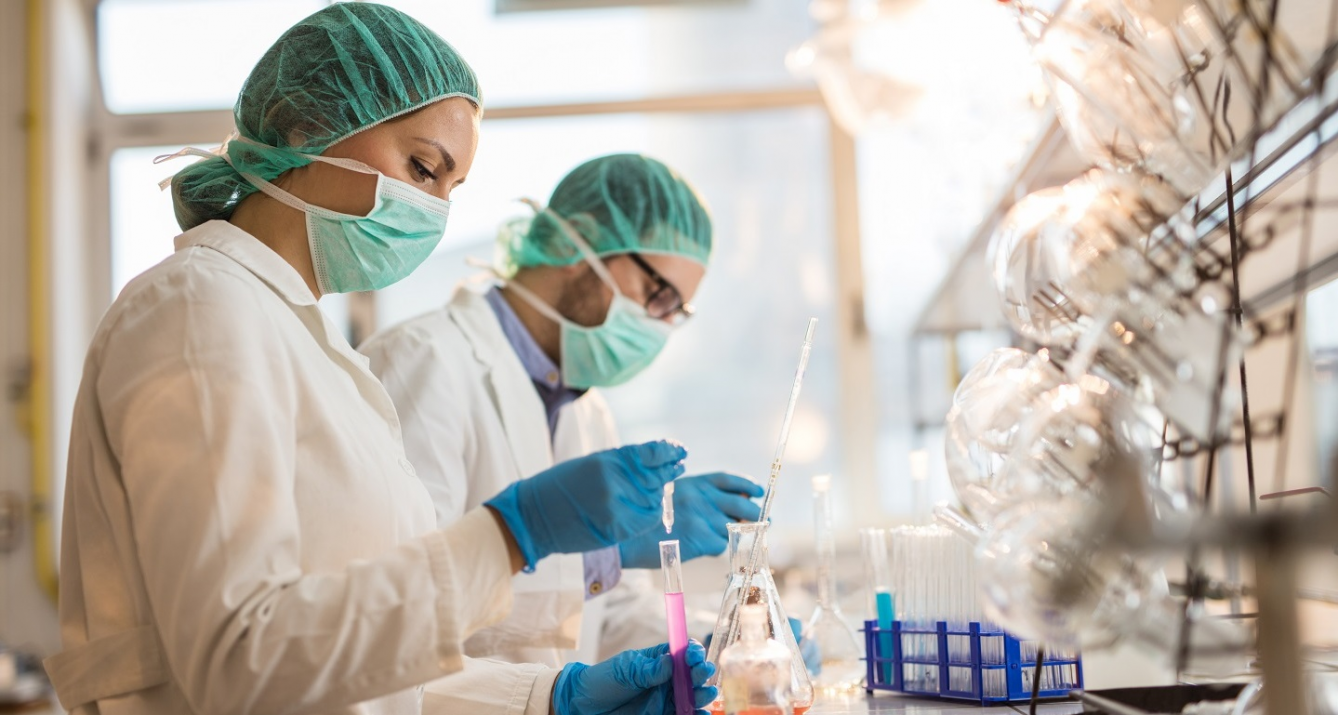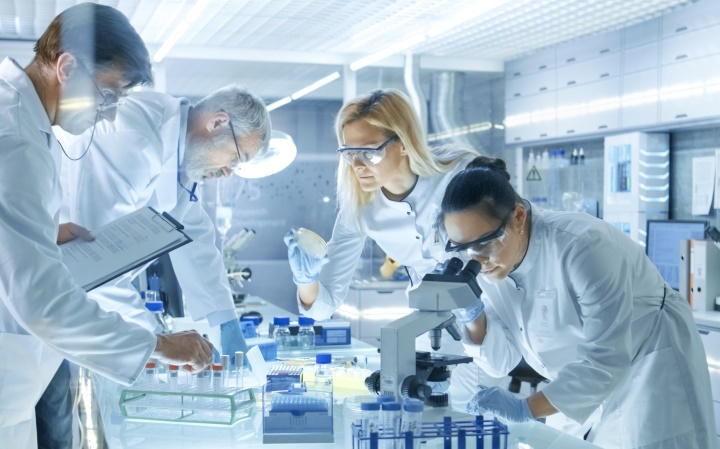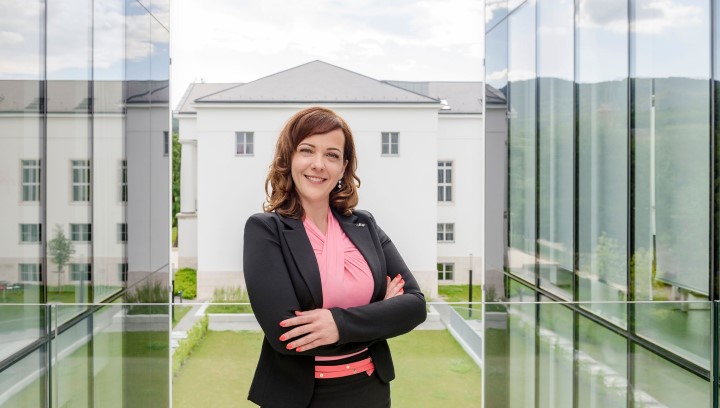
Basic data

Field of Operation
Place of implementation
Description
The main objective of the Laboratory is to implement innovations that increase the well-being of society, improve the quality of life, and foster new social relations and cooperation. The initiative contributes to people-centred development in each area, so that rapid progress and results can be generated in a relatively short time. Within the framework of the Laboratory, several thematic RDI forums and professional workshops will be set up, which will contribute to the development of innovative solutions responding to social problems and needs related to technological change, and then to their testing in real-life settings, in municipalities, regions and institutions.Main research areas:
-
Social innovation methodologies focus area
-
Social impact of digitalisation focus area
-
Social innovations that improve quality of life focus area
-
Culture, competence, and human capital focus area
Benefits to be expected from laboratory research:
- The laboratory will establish the national system of supporting social innovation, enhancing the assuming capacity and competitiveness of the field in the European innovation landscape, in order to ensure that Hungary ranks at the forefront of social innovation in terms of good practices and Member State frameworks.
- Social innovation methodologies focus area: developing acceptance research and social innovation impact measurement methodologies,
- Social impact of digitalisation focus area: contributing to the people-oriented development and expansion of emerging technologies and digital competences,
- Social innovations to improve quality of life: implementing social innovations that strengthen the active participation of people in society, introducing inclusive practices to improve well-being and quality of life,
- Culture, competence and human capital focus area: developing methodologies to stimulate educational innovation,
- Implementation of research programmes in four interdisciplinary areas and the facilitation of at least forty experimental development actions in an actual environment.
Consortium leader
Eötvös Loránd University
Consortium partners
- Network for Regional Development Foundation
- University of Miskolc
- University of Pannonia
Utolsó módosítás: 18 June 2024
Related news
News and Press

News
A hazai kutatók nemzetközi beágyazottságát, kutatás-fejlesztési együttműködéseit nagymértékben elősegíti aktív kapcsolatuk a világ legjelentősebb kutatási infrastruktúráival (KI) és bekapcsolódásuk az ott folyó élvonalbeli kutatásokba. A legkorszerűbb KI-k olyan nagy költségű berendezések, létesítmények vagy adatbankok, amelyek építése, fejlesztése és működtetése meghaladja egy-egy ország gazdasági teljesítőképességét, így nemzetközi együttműködésben valósulnak meg.
18 02 2022

News
Budapest, Saturday, 9 April 2022 (MTI) - According to recent government decisions, a total of ten billion forints will be used in world-class research and development projects and the Cooperative Doctoral Programme, the Ministry for Innovation and Technology (ITM) told MTI on Saturday.
09 04 2022

News
Vice President Katalin Sebők spoke about the functioning, benefits and role of Regional Innovation Platforms in building the innovation ecosystem at the event showcasing university technologies.
28 03 2022




 ENG
ENG

 Back
Back




